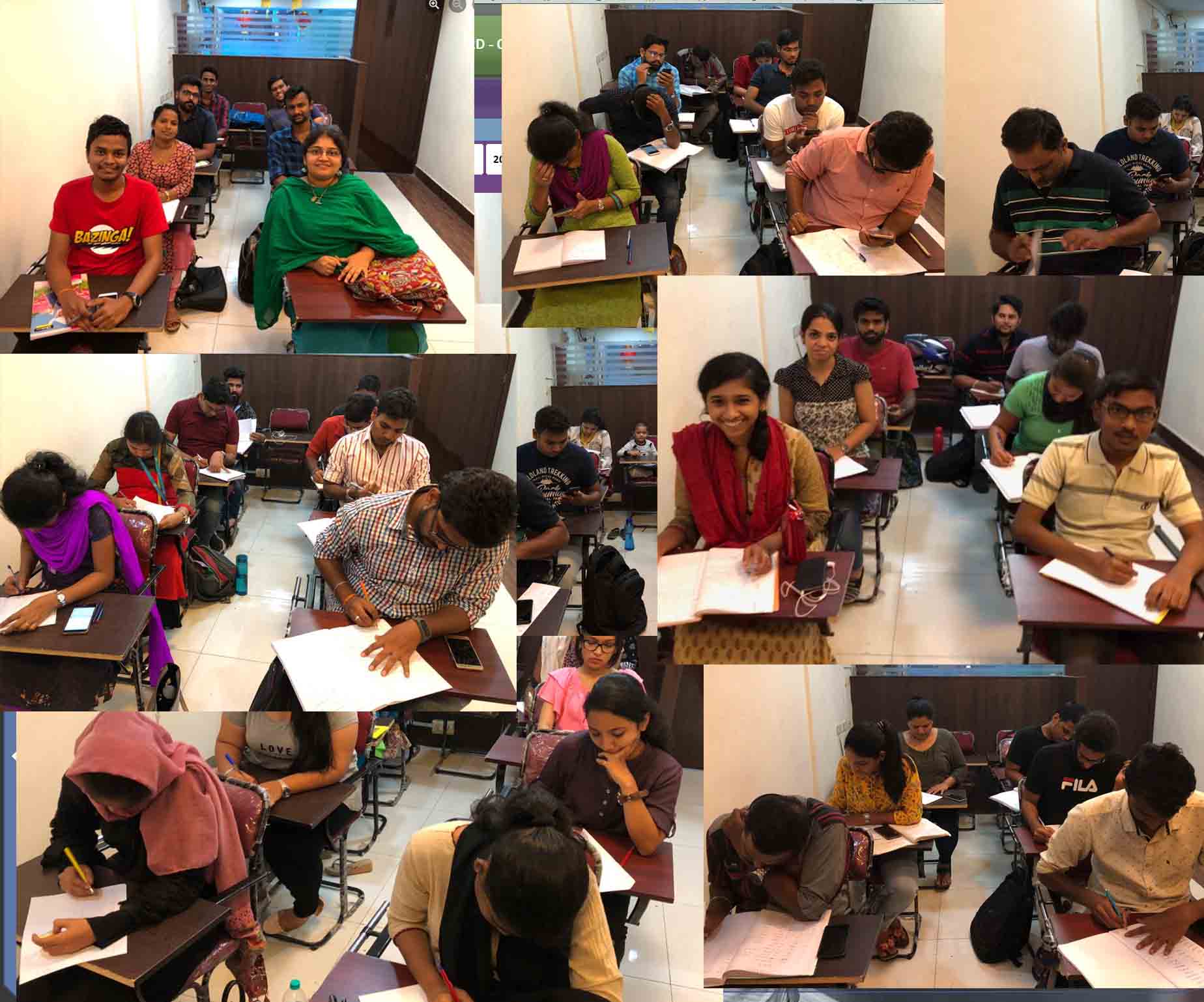From Bangalore to Berlin: Why Germany is a Paradise for Software Engineers
If you're a software engineer in India dreaming of a global career that offers cutting-edge work, excellent pay, and an incredible work-life balance, your search might just end with one word: Germany. The economic engine of Europe is undergoing a massive digital transformation, creating an unprecedented demand for IT talent. This is not just a trend; it's a fundamental shift, and Germany's doors are wide open for skilled software professionals like you. This guide will tell you everything you need to know.

The "Why": Germany's Insatiable Demand for IT Talent
Germany's need for software engineers isn't just about filling a few vacancies. It's driven by two powerful forces:
- Industry 4.0 & Digitale Transformation: Germany's world-famous manufacturing and engineering sectors (automotive, machinery) are rapidly digitizing. They are building smart factories, connected cars, and IoT ecosystems, all of which require legions of skilled software developers.
- Fachkräftemangel (Skilled Worker Shortage): Germany has a significant shortage of skilled workers, especially in STEM fields. There are simply not enough local graduates to fill the tens of thousands of open IT positions. This is where you come in.
The "What": In-Demand Tech Stacks & Skills
While general software development skills are valued, companies are actively seeking expertise in specific, high-growth areas. If you have skills in these domains, you are already in a strong position:
Top 5 High-Demand Areas:
- Cloud & DevOps: Expertise in AWS, Azure, or Google Cloud is highly sought after. Skills in Docker, Kubernetes, CI/CD pipelines, and Infrastructure as Code (Terraform) are in constant demand.
- Artificial Intelligence & Machine Learning: From AI-driven automation in factories to data analysis in fintech, ML engineers and data scientists are some of the most sought-after professionals.
- Java & Enterprise Systems: The backbone of many large German corporations still runs on Java. Backend developers with experience in Spring Boot, microservices, and enterprise-grade systems are always needed.
- Web Development (Frontend & Full-Stack): Proficiency in modern JavaScript frameworks like React, Angular, and Vue.js, coupled with backend knowledge (Node.js, Python), is essential for a vast number of startups and established companies.
- Embedded Systems & C++: With its massive automotive and industrial sector, Germany has a perennial need for software engineers who can work close to the hardware, particularly in C++.
The "How Much": Salary & Work-Life Balance
Germany offers highly competitive salaries for software engineers, especially when combined with the high quality of life and social benefits.
- Junior Developer (0-3 years): €45,000 - €60,000 per year
- Mid-Level Developer (3-7 years): €60,000 - €80,000 per year
- Senior/Lead Developer (7+ years): €80,000 - €100,000+ per year
(Note: Salaries vary based on the city, with Munich and Frankfurt being higher than Berlin).
But the real reward is the work-life balance. The German work culture respects your private time. Expect a standard 38-40 hour work week, 25-30 days of paid vacation per year (plus public holidays), and a culture that discourages working late. This is a stark contrast to the "hustle culture" prevalent elsewhere.
The Career Superpower: The German Language Advantage
"But do I need to learn German? Most tech jobs are in English, right?"
This is the most common question, and the answer is nuanced. Yes, in Berlin's startup scene, you can survive with just English. But "surviving" is not the same as "thriving." Learning German is the single most impactful investment you can make in your German career for several reasons:
- Unlocks the "Hidden" Job Market: You gain access to thousands of high-paying jobs in the traditional, world-leading 'Mittelstand' companies that may not advertise in English.
- Faster Path to Leadership: Managing teams and interacting with senior German stakeholders almost always requires German.
- Easier Daily Life & Integration: From navigating bureaucracy (the infamous 'Amt') to making local friends, German makes life infinitely easier and more enjoyable.
- Faster Permanent Residency (PR): Proving B1-level German proficiency can significantly shorten the time required to get a permanent residence permit.
Viewing German not as a barrier, but as a key that unlocks the full potential of your life and career in Germany, is the mindset for success.
Start Building Your Career Superpower Today!The "How": Your Practical First Steps
1. The EU Blue Card: Your Golden Ticket
Germany's EU Blue Card is a special residence permit for highly skilled non-EU citizens. For software engineers, the requirements are straightforward: a recognized university degree and a job offer with a specific minimum salary (the threshold is lowered for shortage occupations like IT). It offers a fast track to permanent residency.
2. Perfect Your Application Documents
- LinkedIn & Xing: Maintain an updated LinkedIn profile. Also, create a profile on Xing, the German-speaking equivalent.
- The 'Lebenslauf': Your CV should be a clean, tabular format (called a 'Lebenslauf'). It's often no more than two pages. Tailor it for every application.
- Cover Letter: Always include a concise, professional cover letter explaining your motivation.
3. Where to Find Jobs
Start your search on these platforms: StepStone.de, LinkedIn, Honeypot, and Stack Overflow Jobs.
Frequently Asked Questions
Do I need a Master's degree from Germany to get a job?
No. While a German Master's is helpful for networking and cultural immersion, companies primarily hire based on skills and practical experience. Your Bachelor's degree from a recognized Indian institution combined with relevant work experience is highly valued.
What is the work culture like in a German IT company?
Expect a professional environment that values structure, planning, and direct communication. Meetings are efficient and to the point. There is a strong sense of ownership and responsibility. Unlike in some cultures, mistakes are seen as learning opportunities, and open, constructive feedback is common.